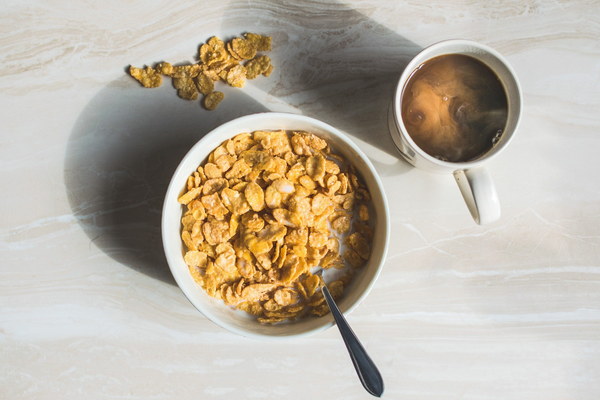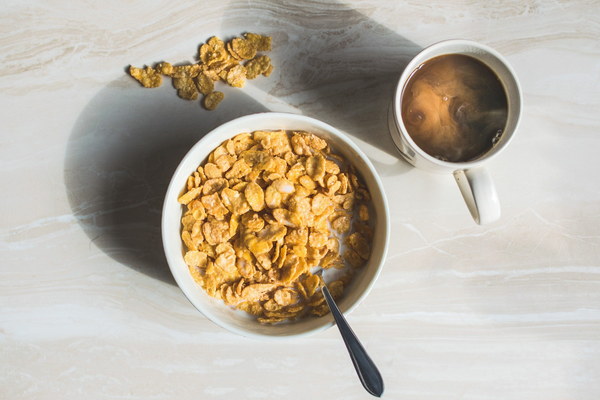Unlock the Secrets of TopNotch Liver Care A Comprehensive Guide to Liver Health
Introduction:
The liver is a vital organ that performs numerous functions in the body, including filtering toxins, producing bile, and metabolizing nutrients. Maintaining optimal liver health is crucial for overall well-being. In this article, we will delve into the secrets of top-notch liver care, offering valuable insights and practical tips to keep your liver in peak condition.
1. Understanding Liver Function:

Before we explore the steps to maintain a healthy liver, it's essential to understand its primary functions. The liver filters blood from the digestive tract, detoxifies harmful substances, stores vitamins and minerals, and synthesizes proteins. By recognizing the importance of liver health, we can take proactive measures to support this vital organ.
2. Healthy Diet:
A balanced diet rich in essential nutrients is fundamental to liver health. Incorporate the following foods into your meals:
a. Fatty Fish: Omega-3 fatty acids found in fatty fish like salmon, mackerel, and sardines can help reduce inflammation and support liver function.
b. Cruciferous Vegetables: Broccoli, cauliflower, and Brussels sprouts contain compounds that aid in detoxification.
c. Berries: Blueberries, strawberries, and raspberries are high in antioxidants that protect the liver from oxidative stress.
d. Nuts and Seeds: Almonds, walnuts, flaxseeds, and chia seeds are excellent sources of healthy fats and antioxidants.
e. Green Tea: This beverage contains compounds that promote liver health and aid in detoxification.
3. Limit Alcohol Consumption:
Excessive alcohol consumption is a leading cause of liver disease. To maintain a healthy liver, limit your alcohol intake to moderate levels. Women should not exceed one drink per day, while men should limit themselves to two drinks per day.
4. Avoid Harmful Substances:
Protect your liver by avoiding harmful substances, such as tobacco, excessive caffeine, and recreational drugs. These substances can cause inflammation and damage the liver, leading to chronic conditions like hepatitis and cirrhosis.
5. Maintain a Healthy Weight:
Being overweight or obese increases your risk of developing non-alcoholic fatty liver disease (NAFLD). To reduce this risk, maintain a healthy weight through a balanced diet and regular exercise.
6. Exercise Regularly:
Physical activity helps improve liver function and aids in weight management. Aim for at least 150 minutes of moderate-intensity aerobic exercise per week, such as brisk walking, swimming, or cycling.
7. Get Adequate Sleep:
Adequate sleep is essential for overall health, including liver function. Aim for 7-9 hours of quality sleep per night to support your liver's ability to regenerate and repair itself.
8. Manage Chronic Conditions:
Chronic conditions like diabetes, high cholesterol, and hypertension can impact liver health. Work with your healthcare provider to manage these conditions and reduce your risk of liver disease.
9. Regular Check-ups:
Schedule regular check-ups with your healthcare provider to monitor your liver health. Blood tests can detect liver function abnormalities early, allowing for timely intervention and treatment.
Conclusion:
Top-notch liver care involves a combination of a healthy diet, moderate alcohol consumption, avoiding harmful substances, maintaining a healthy weight, regular exercise, adequate sleep, managing chronic conditions, and regular check-ups. By incorporating these practices into your daily routine, you can ensure your liver remains in peak condition, contributing to your overall well-being.









